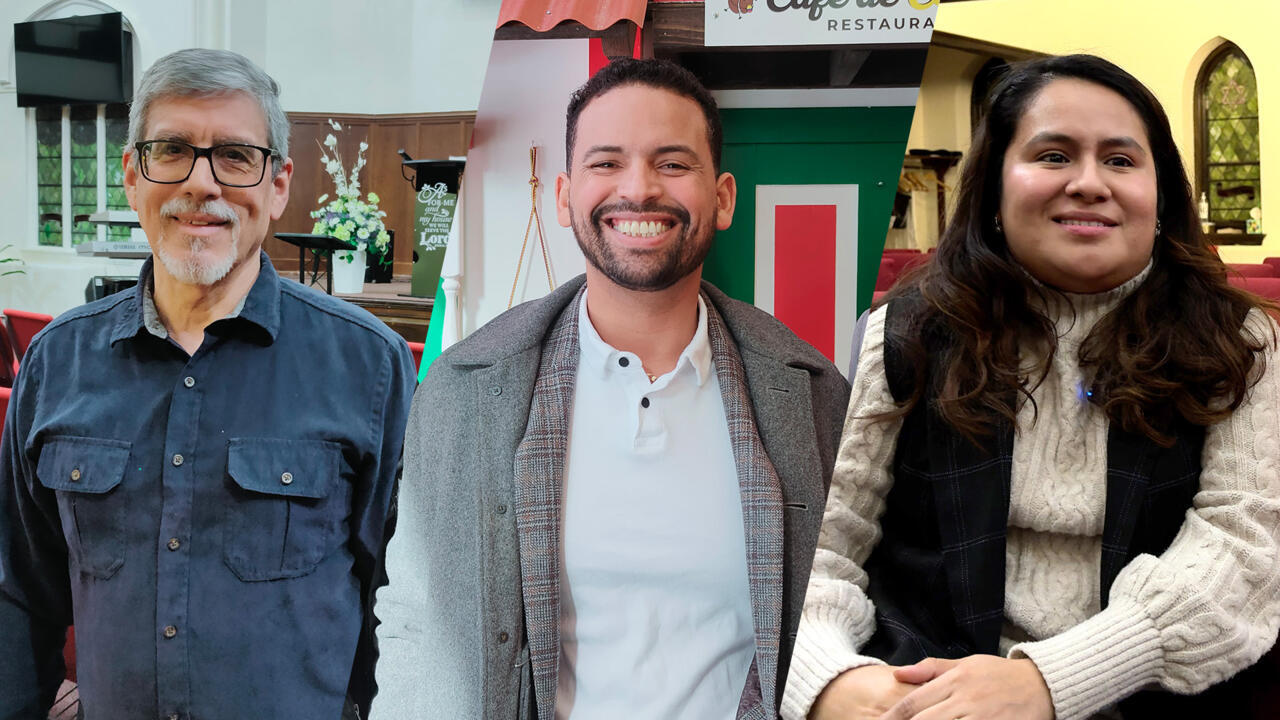Breaking: Trump's Surprising Latino Surge in Pennsylvania — Faith, Finance, and Masculinity Converge

In a surprising political shift, former President Donald Trump has made remarkable gains among Latino voters in Reading, Pennsylvania—a city known for hosting the state's most substantial Latino population. Despite his historically controversial rhetoric about immigration, Trump's support within this community has grown significantly, challenging traditional voting patterns.
Local Latino supporters of Trump seem to look past his inflammatory statements about immigrants, instead focusing on economic policies and perceived opportunities for advancement. The evolving political landscape in Reading suggests a complex narrative of voter sentiment that defies simple categorization.
The 2024 election results highlight a nuanced transformation in political allegiances, with Trump's message resonating with segments of the Latino electorate in ways that many political analysts did not anticipate. This trend underscores the dynamic and unpredictable nature of contemporary electoral politics.

